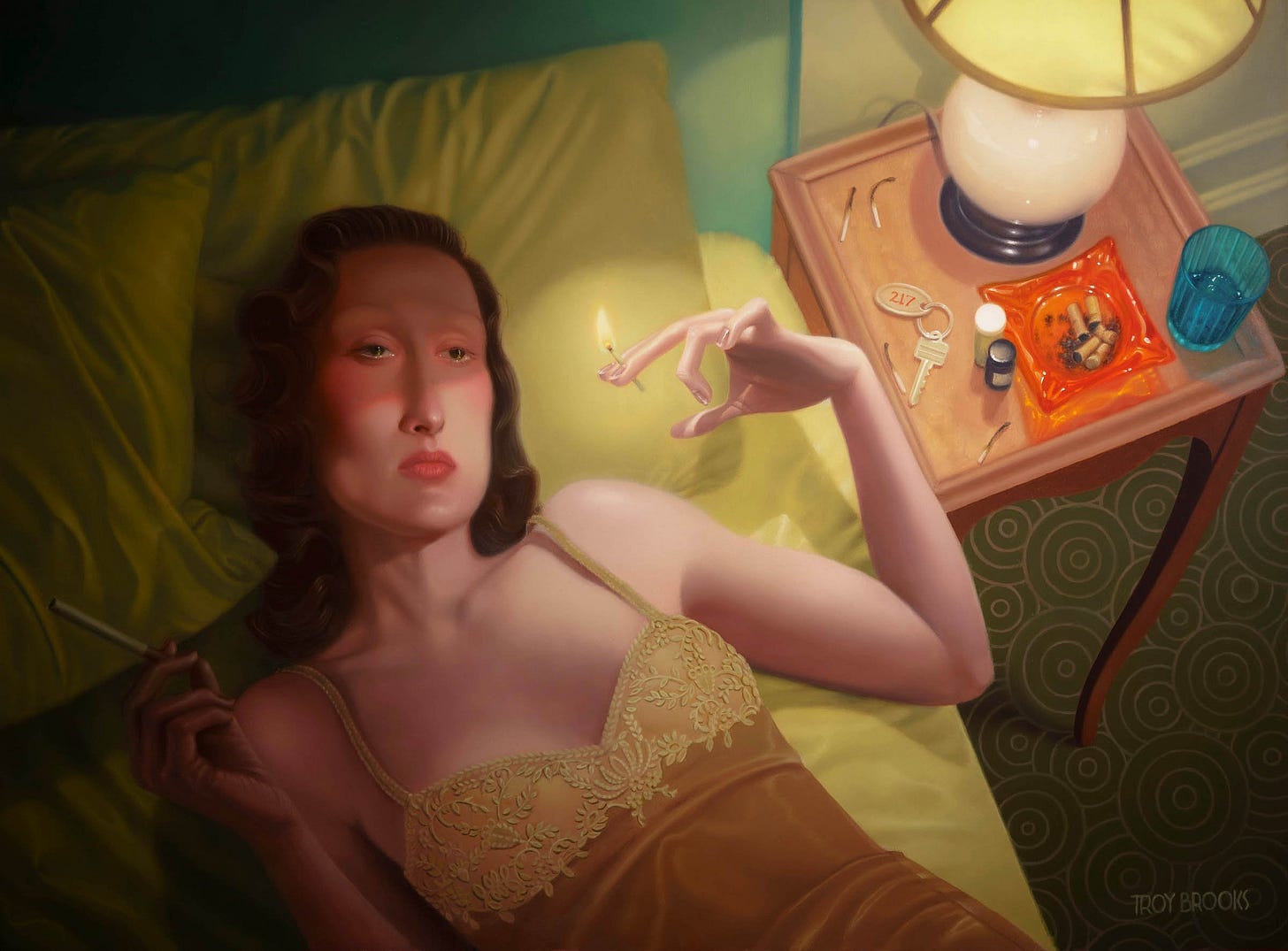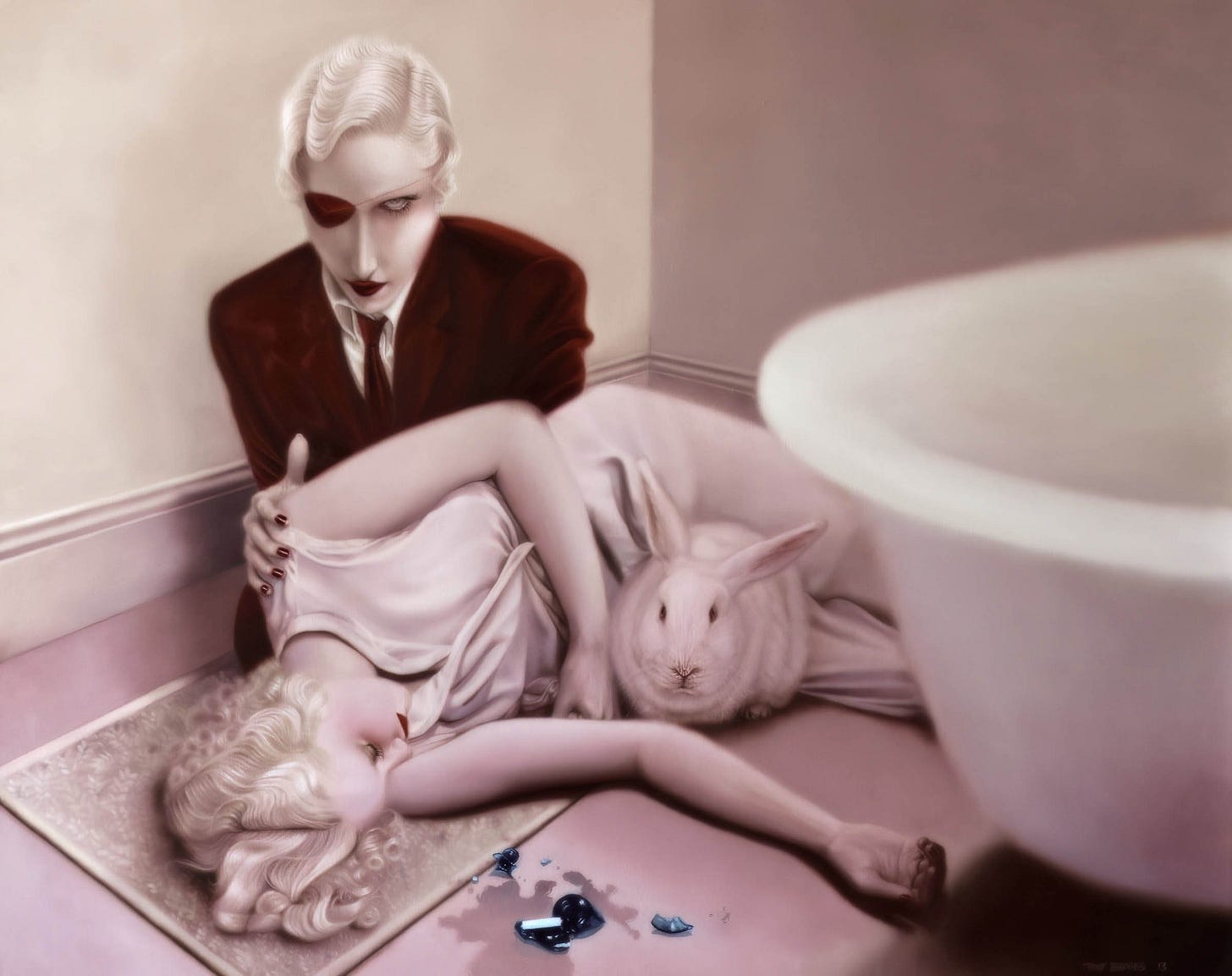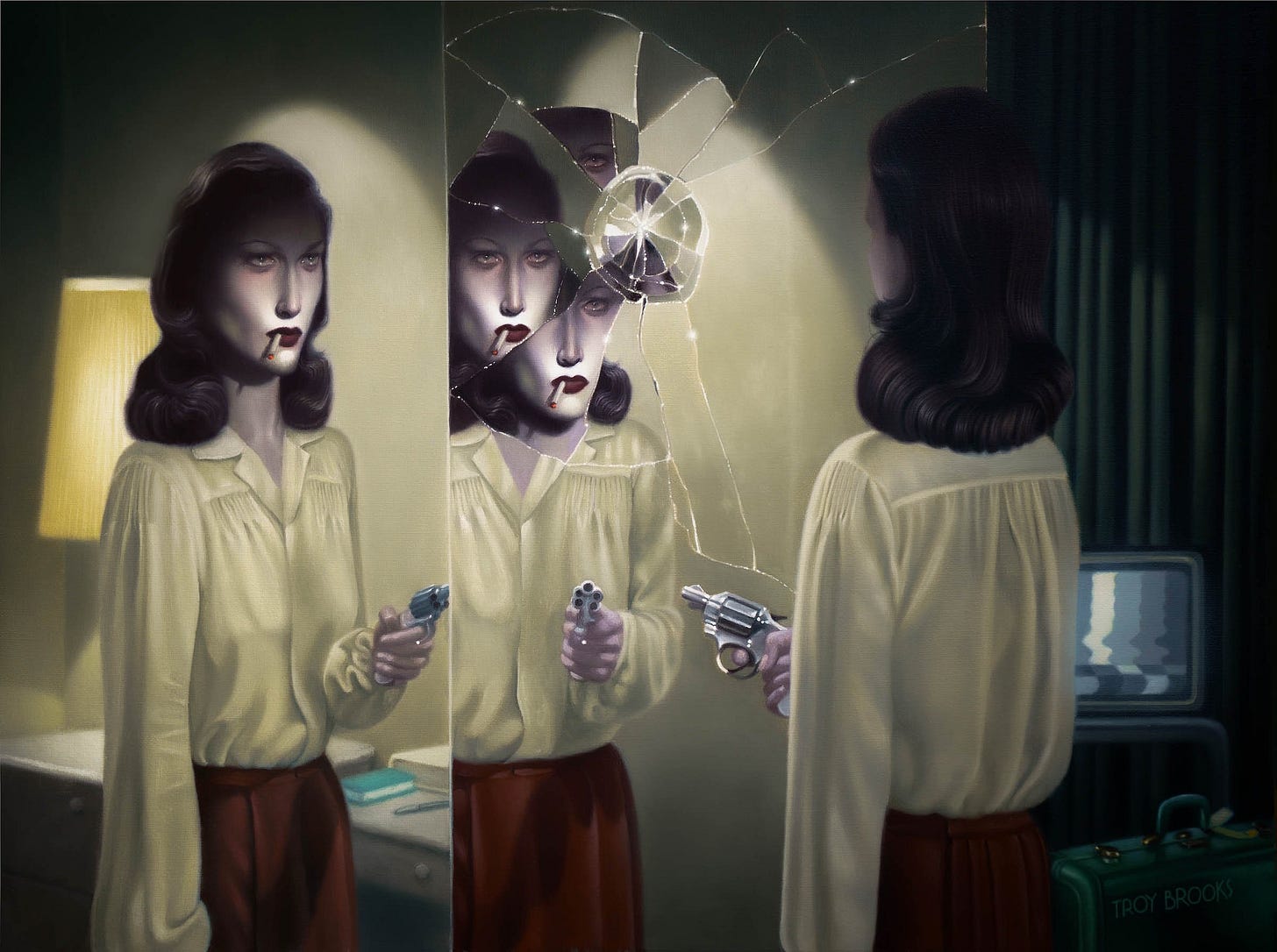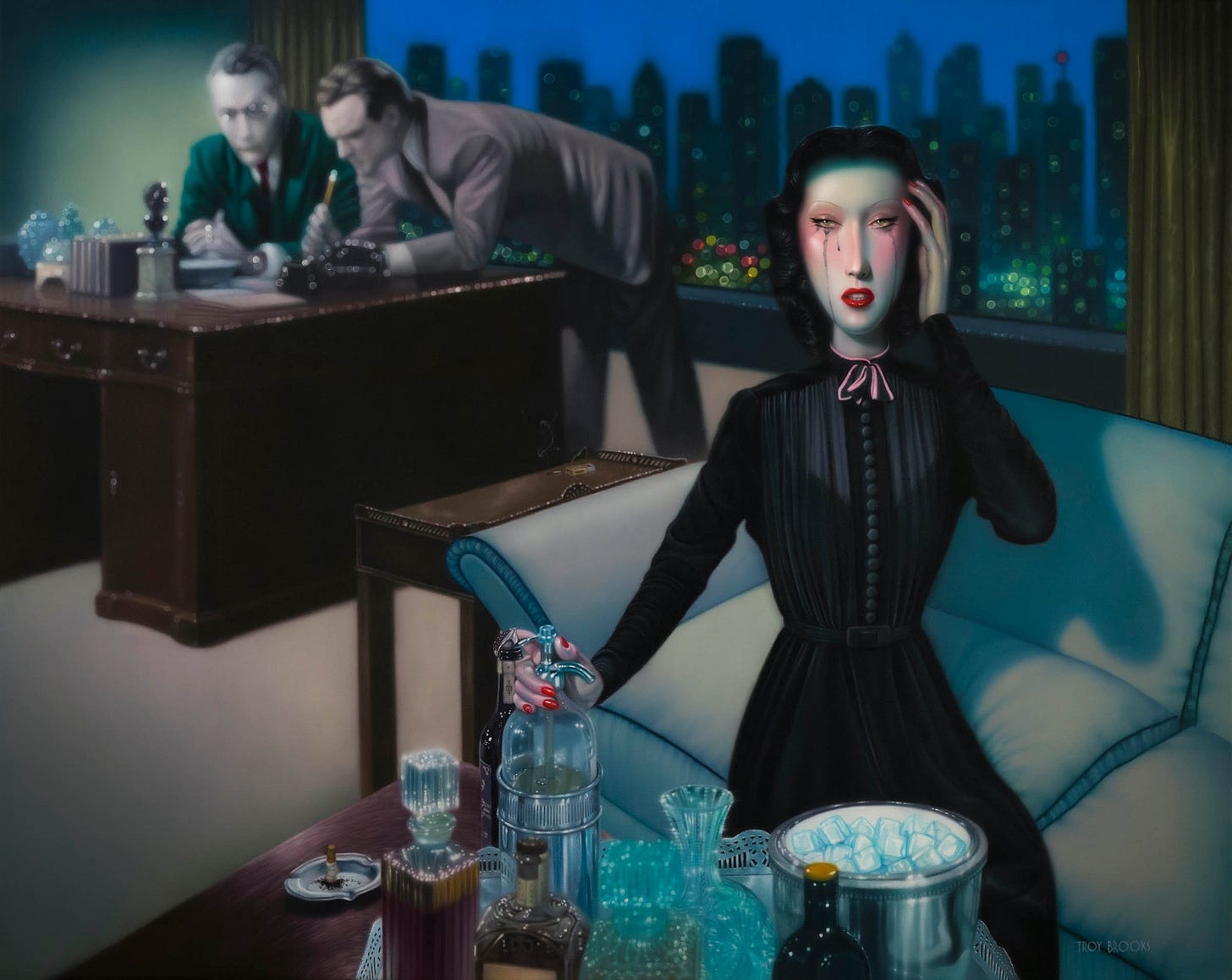When love is performance
This is me, this is you, this is our inner child pleading for unconditional love.

I always thought I had to be perfect. I just never knew what that meant. What I did know was that I wasn’t that.
Individuals and institutions shared their definitions, and even though they often conflicted, I internalized that what I was, was not enough. I learnt that perfection was the price for love.
But to obey my rebellious streak, I did and was as I wanted. And as I grew up, I noticed that being myself brought friends and teachers who allowed me to be free. But everything changed when I left childhood and entered adolescence.
By mid-teens, I became more concerned about my image and status, learning that to be accepted was to be censored. I was willing to sacrifice myself for people who would elevate my image according to society's standards. Still, I held on to more authenticity than most people around me because I thought there was not much better than how I really was. Then, at 19, I fell for a narcissist.

At first, our interactions were a whirlwind. He offered a romantic thrill I had never felt before, but things quickly turned sour. He was far from the perfection he had projected at the beginning, and for two years, I was caught in a push-and-pull dynamic that chipped away at my sense of self.
One day, he told me that for a relationship to work, I had to make compromises, and I believed him. But these compromises were not, “I like to sleep in, so if you wake up early, try to be quiet.” They involved my personality.
I remember sharing a fun fact I’d just learned. He denigrated me for “reading too much” and “not knowing anything about real life.” His words sent me spiraling. Curiosity is core to who I am. I spent the rest of the day Googling whether being an avid reader was somehow a flaw. (The answers were all sarcastic because, unsurprisingly, people who write, read.)
Even after that relationship ended, other heartbreaks and losses convinced me I had to shrink to be accepted. I didn’t want to be kind, generous, or thoughtful because that’s who I was, but because it earned me validation. I thought this was growth since it meant catering to people I cared about— being selfless. But it was a performance.

Despite these changes, I still clung to the idea that I shouldn’t have to erase myself to be loved. But by now, the belief was hanging by a thread. My sense of self was eroding, shaped more by perception than truth. And with it went my boundaries.
I would prioritize values that kept me in friendships and romances where I wasn’t fully myself. Instead of choosing people who embraced me, I chose them for superficial reasons—attractiveness, popularity, humor—and then reshaped myself to fit their gaze. I redrew the line between us, always in their favor. But façades don’t hold. Distance allows the act, but intimacy reveals the person we try to hide.
When friction came (as it always does in close relationships) I couldn’t admit when I was wrong. I feared that being flawed meant being unworthy of love. That the person they’d been drawn to wasn’t really me, and the real me would be rejected.
I hurt myself. And I hurt them. I deflected their gaze from my shortcomings to theirs.
Because I came from a place of craving validation, I let people in without discernment. I ignored my needs and abandoned my boundaries, convinced no one could ever truly meet them. Instead of making room for someone aligned, I tried to shape the wrong person into someone who could stay, someone who could love a version of me I was performing.

Performance-based love is conditional. It’s earned, not given. Measured by what you do, not who you are.
Most of us learned this early. We learned that love had to be bought with goodness, obedience, and charm. So now, we panic at the thought of being messy, needy, or wrong. We see vulnerability as a threat. But needs don’t disappear just because we ignore them. They linger in forms that hurt us and others.
I know you believed that if you were just good enough, kind enough, impressive enough, they would stay. But you’re not here to audition for love. You were born belonging.
The people who are meant for you won’t ask you to shrink. They won’t punish your joy, your strangeness, your hunger to know. They will make room for it all.
It’s not easy to live this way. It takes practice. To go against the grain and believe that you deserve love just for existing. But self-loathing can be unlearned. Even when you cannot learn to love yourself, you can learn to love yourself. You don’t have to be perfect, even in this respect.
I’m learning to be vulnerable. To name what I want. To be okay with rejection. If I can’t tolerate a behavior, I won’t ignore it now, hoping it’ll vanish with time.
It’s not fair to ask someone to change—not for them, but for me. Not for their growth, but for my comfort.
I want to share the parts of myself I once thought unlovable, and stay to see who stays too. I’m working on myself for myself, not to be chosen. Because I am already whole.
Author’s Note:
Please leave a like if you connected with this and subscribe if you want more.
I took two weeks off posting because I have had a lot of other work to do and did not want to rush an entry. I may even change my schedule to one post every two weeks because I want to only give quality.
Can you help share this post to people who would like it? It will help my growth and make this a more rewarding investment of my time. I cherish it and would not want to give it up but I am stretched in many directions.
As for music, I’ve been listening to my sugar trap playlist a lot.
Till next time on Connecting with Kuffy Eyo






I've just about given up on making theories about love. Heartbreaks are better (philosophically, not experientially) because the debris and detritus are there to sift through. Still, it doesn't help much. We learn things and take them to the new relationship and learn newer things we also take to the next relationship and so on. It all circles back to being yourself, despite others' demands and desires. The problem with that, however, is being authentic is no guarantee of love either. If anything, it often makes you more keenly aware of why people compromise and compartmentalize for Cupid's sake. The paradox is compelling: to be yourself fully often means you might coast through life alone, but there's a deep need for community we can't just ignore. You articulated these anxieties well, how they intersect and overlap with self-image, societal expectations, beauty standards, and the overall performance that exists in society. Keep writing, and I hope you also keep loving.
The fear to admit being wrong or to acknowledge hurtful (intended or not) consequences of our actions on another because we’ve grown up being punished (with rejection, manipulation, physically etc.) for it is so real.
Thank you for writing and sharing this because even though I know that everyone is growing and learning through a litany of hurts (given and received), I’m not hearing/reading their accounts of it and so it’s easy to feel like ‘am I a monster or is this what it means to be alive?’. Reading this was very ‘omo, we dey, this is what it means to be alive.’